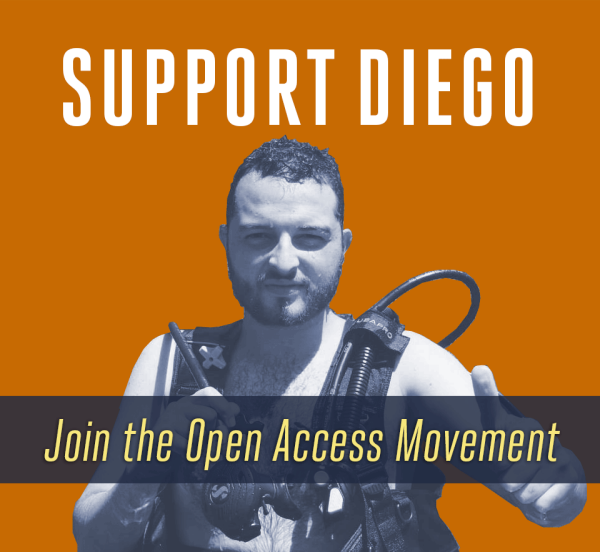Will the European Parliament criminalize street photography?
mercredi 8 juillet 2015 à 01:42
Tower Bridge view at dawn, by Colin, CC BY-SA

Tower Bridge view at dawn. Modified to censor buildings that require Freedom of Panorama, by Colin, CC BY-SA
Over the last several months, Creative Commons has been following the review of the European Union copyright directive. One issue that has remained contentious is freedom of panorama. Freedom of panorama permits taking and publishing photographs and video of buildings, landmarks, and artworks permanently located in a public public place, without infringing on any copyright that might rest in the underlying work. For example, anyone may take and publish a photograph of the Torre Agbar in Barcelona without having to get permission from the rightsholder of the physical building. While some countries such as Spain, Poland, and the Netherlands enjoy freedom of panorama, others such as Italy, France, and Greece require that a photographer get permission for taking and sharing images of works in public spaces.
German Pirate Party MEP Julia Reda has been tasked with developing a report that will make recommendations for potential legislative changes to EU copyright law. Reda’s report has been discussed widely, and last month the legal affairs committee of the European Parliament voted on amendments to her report, which resulted in a compromise text. On July 9, this report (and any amendments to it) will be voted on in the full EU Parliament.
The outcome of the legal affairs committee vote produced some positive actions for copyright reform in support of users and the public interest. For example, the compromise text introduced exceptions to copyright in the EU for libraries to digitize collections and lend ebooks, and for scientists and others to conduct text and data mining without needing an extra license to do so. The report also called on the European Commission to protect the public domain by clarifying that “once a work is in the public domain, any digitisation of the work which does not constitute a new, transformative work, stays in the public domain.”
Reda’s original proposal contained a provision that would have granted freedom of panorama throughout the EU. But an amendment passed by the legal affairs committee says that anyone who wants to take and share photography or video of public buildings and landmarks can only do so for non-commercial purposes. Reda calls the rule “absurd”:
This would restrict existing rights in many EU member states, introduce new legal uncertainty for many creators and even call the legality of many photos shared on commercial photo sharing platforms like Instagram and Flickr into question. Documentary filmmakers, for example, would have to research the copyright protection status of every building, statue or even graffiti on a public wall depicted in their movie – and seek the permission of each rightholder.
The consequences of adopting copyright rules that limit freedom of panorama to only non-commercial uses could make every vacationing photographer a criminal in the eyes of the law. The change would also be damaging to the commons, especially for a community like Wikipedia, which requires that photos and videos uploaded for use on the site be made available under free licenses that permit commercial use. As the Wikimedia Foundation notes, “the version of freedom of panorama now under consideration is not compatible with Wikimedia’s goal to broadly share knowledge. If this amendment became law, it would be more difficult for users to freely share photos of public spaces. It would be a step backwards in revamping the EU’s copyright rules for the digital age.” If this provision goes into effect, thousands of photos on Wikimedia Commons likely would have to be removed.
But you can help! Sign the Change.org petition to bring bring the freedom of panorama to all member states of the EU. Citizens of the EU can also contact their MEPs to let them know how you would like them to vote. Owen Blacker says there are two things to ask of MEPs:
1) Please support amendment A8–0209/3 by Marietje Schaake, to restore the meaning of the original text which extends liberal freedom of panorama to all EU member states;
2) Should Schaake’s amendment fail, then please vote to remove paragraph 46 from the report altogether.
The public should have the right to use photographs, video footage and other images of works permanently located in public spaces. Let’s support, extend, and protect the freedom of panorama across the European Union.


